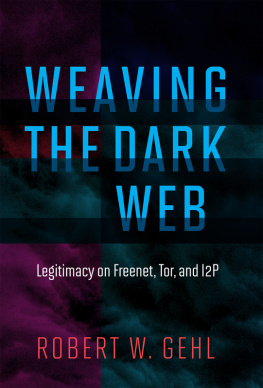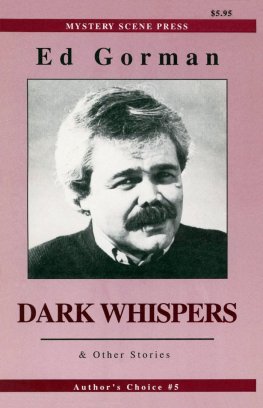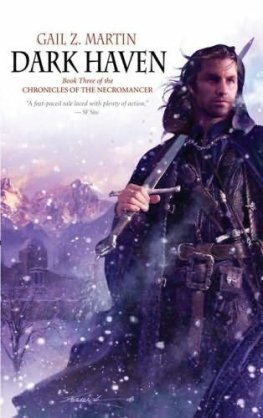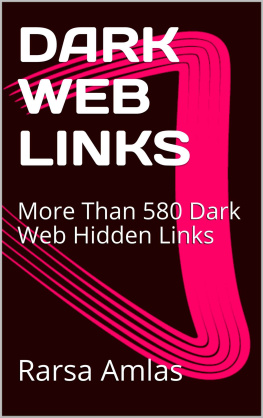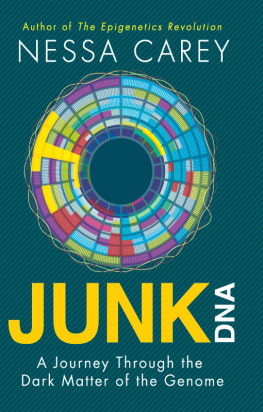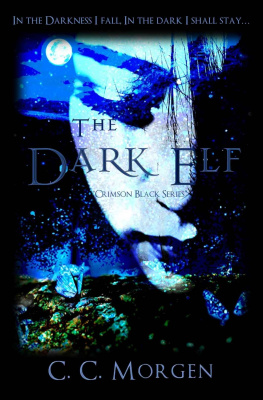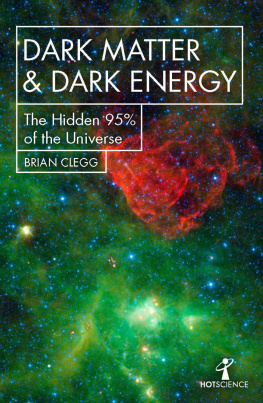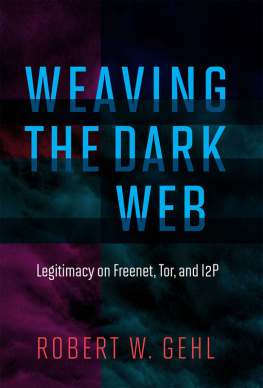The Information Society Series
Laura DeNardis and Michael Zimmer, Series Editors
Interfaces on Trial 2.0, Jonathan Band and Masanobu Katoh
Opening Standards: The Global Politics of Interoperability, Laura DeNardis, editor
The Reputation Society: How Online Opinions Are Reshaping the Offline World, Hassan Masum and Mark Tovey, editors
The Digital Rights Movement: The Role of Technology in Subverting Digital Copyright, Hector Postigo
Technologies of Choice? ICTs, Development, and the Capabilities Approach, Dorothea Kleine
Pirate Politics: The New Information Policy Contests, Patrick Burkart
After Access: The Mobile Internet and Inclusion in the Developing World, Jonathan Donner
The World Made Meme: Public Conversations and Participatory Media, Ryan Milner
The End of Ownership: Personal Property in the Digital Economy, Aaron Perzanowski and Jason Schultz
Digital Countercultures and the Struggle for Community, Jessica Lingel
Protecting Children Online? Cyberbullying Policies of Social Media Companies, Tijana Milosevic
Authors, Users, and Pirates: Copyright Law and Subjectivity, James Meese
Weaving the Dark Web: Legitimacy on Freenet, Tor, and I2P, Robert W. Gehl
Weaving the Dark Web
Legitimacy on Freenet, Tor, and I2P
Robert W. Gehl
The MIT Press
Cambridge, Massachusetts
London, England
2018 Robert W. Gehl
All rights reserved. No part of this book may be reproduced in any form by any electronic or mechanical means (including photocopying, recording, or information storage and retrieval) without permission in writing from the publisher.
This book was set in ITC Stone Serif Std by Toppan Best-set Premedia Limited. Printed and bound in the United States of America.
Library of Congress Cataloging-in-Publication Data is available.
ISBN: 978-0-262-03826-3
eISBN 9780262347570
ePub Version 1.0
I wrote parts of this while looking around for my father, who died while I wrote this book. I miss seeing him sitting at his desk among his books, looking over his glasses, typing, thinking, smiling.
Acknowledgments
Multiple people read portions of this book and offered generous and critical feedback. Nathalie Marchal read chapter 3 and offered copious amounts of correction to factual errors, for which Im grateful. Shes also been a great panel mate at meetings of the Association of Internet Researchers (AOIR), and Im looking forward to reading more of her work. Megan Cullinan, Oscar Mejia, and Jeremy Freed, all PhD students at Utah, read early versions of the manuscript and helped me clarify the legitimacies. Michael Stevenson, Maria Bakardjieva, and Fenwick McKelvey, who have become great collaborators and friends, also provided lengthy feedback on the manuscript or advice at key stages. And of course, I am deeply indebted to the editors and peer reviewers at the MIT Press. Gita Manaktala, Michael Zimmer, and Laura DeNardis have been tremendously supportive of this project, and the three peer reviewers did a thorough job examining a later draft of the manuscript. One of them later revealed himself to be Nicholas John, and I am very flattered that the author of The Age of Sharing supported the publication of my book. The staff at the MIT Press, including Virginia Crossman, Kyle Gipson, and Susan Clark, have been wonderful to work with. Special thanks goes to Melanie Mallon who copyedited the manuscript, checking up on every linkno small task in a book about the Dark Web.
I met many of the above people through AOIR, and I need to acknowledge the support of that organization. When Im asked about writing, I often use the clich of the roller coaster: sometimes Im up, and sometimes Im down. At one very low point in writing this book, I got a surprise e-mail from AOIR informing me that my last book won that organizations Nancy Baym Book Award. Immediately, the writing roller coaster went back up, and I returned to this manuscript with new energy. I owe a lot to AOIR for that.
I am grateful to Graham Denyer Willis, Jaime Amparo Alves, and Jim Martin for discussions at the Policing the City symposium at Stanford University about legitimacy, the state, and trust in online interactions. Angele Christin served as a respondent to my presentation (an early version of chapter 4) and her comments were invaluable. Firat Bozcali deserves extra praise for all the work he did making Policing the City a success. I also presented parts of chapter 4 to the iSchool at the University of Texas. Daniel Carter, a PhD student who arranged my trip, has my thanks, as do the faculty and students there who attended my talk. Special thanks go to the dean of the iSchool, Andrew Dillon, who expressed enthusiasm for my work, and to Casey Boyle for feedback, beer, and ramen. Finally, my gratitude goes to the Critical Genealogies Workshop, particularly Brad Stone, Perry Zurn, Colin Koopman, Andrew Dilts, and Verena Erlenbusch.
Like my previous work, this book was influenced by my friends from my time at George Mason. Professor Paul Smith once gave me a D. In a moment I will never forget, he corrected me in class when I said legitimate use of force by reminding me that its legitimated use of force. Denise Albanese invited me to return to Mason to speak to the cultural studies program, where I got feedback on chapter 5 from my advisor Hugh Gusterson as well as faculty members Roger Lancaster and Tim Gibson. PhD students and alumni there, especially Fan Yang and Gavin Mueller, also provided comments. I owe a debt to Katy Razzano, who pointed out the link between state discourses of legitimated violence and nonstate, hacker appropriations of those discourses. She also allowed me to guest lecture in two of her media courses.
And, of course, I could not do this work without the support of my friends at my home university, the University of Utah. Several colleagues deserve special thanks: Kevin Coe for enthusiasm over my citation of M. C. Hammer; Avery Holton for generously helping research Twitter hashtags; Rachel Griffin for the best hallway conversations; Mike Freemole for help with computer meltdowns; David Roh and Lisa Swanstrom for inviting me to participate in digital humanities; Michael Middleton for all he doeswin; Ashley Givens for putting together the soccer team; Sean Lawson and Cynthia Love for their cooking, thinking, and friendship; and Lucas Moyer Horner for his calmness, camaraderie, and for letting me beat him at games on rare occasions. Above all others at Utah, I have to thank Kent Ono and Dianne Harris who provided career support that is increasingly rare in the academy. Their work made mine possible.
This book could not have been written without guides to the Dark Web. I found one such guide, as well as a collaborator, in G. M. H. His idea to host a literary magazine on Tor was brilliant, and I was honored to help with that project. Thanks for showing me all things counter, original, spare, strange. I found other guides on Galaxy and later Galaxy2, some now gone, but many still active. Thanks to Lameth for doing the work of keeping that social network alive for so long. And my gratitude goes to all those who took the time to talk Dark Web with me in interviews.
More than anyone, however, I have to thank my family. My son, Teddy, was patient with me, even as I became a grumpy writer-dad. He also helped me practice soccer. My partner, Jesse: I am not sure how to thank her. My best bet is to take her on a long vacation (consider this a promise!). I wrote portions of this book while visiting my in-laws, Joe and Karen, who have treated me like a son. I wrote other parts at my moms house. My mom taught me the importance of writing. I feel I did the best writing at her house.

